
5 Questions To Ask the Doctor About Alzheimer’s
MEDICAL VIDEO: Take an active roll in managing Alzheimer’s. Have an open conversation with your doctor. See 5 questions to ask and which answers to

MEDICAL VIDEO: Take an active roll in managing Alzheimer’s. Have an open conversation with your doctor. See 5 questions to ask and which answers to
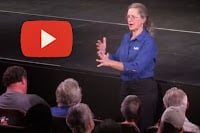
TEEPA SNOW VIDEO: See why Lewy Body dementia (LBD) poses special caregiving challenges. Learn how LBD differs from Alzheimer’s. Watch Teepa demonstrate unique stresses in

VIDEO: Dementia can make it difficult to recognize familiar faces, or even trigger hallucinations. Lewy body dementia is particularly susceptible to such visual problems. Watch

CARE-TIPS VIDEO + ARTICLE: A common frustration in Alzheimer’s is the propensity to say “no” to just about everything. Often, this is triggered by physical
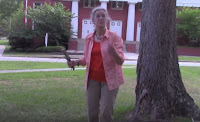
TEEPA SNOW CARE TIPS – VIDEO: A person with dementia may wonder, “What do I do now?” or “How do I do what I want

APATHY strikes 90% of people with dementia, sooner or later. Faster decline and care problems result. Apathy is the most common neuropsychiatric symptom of dementia,

MINDFULNESS TRAINING was shown to brighten outlook on life for people with dementia, as well as caregivers. Northwestern University found that just eight sessions of
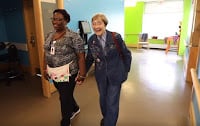
UPLIFTING VIDEO: Canada’s Peel Region took a big risk, with a plan to transform its long-term dementia-care home, hoping that residents – and staff –

BETTER COMMUNICATION: Which words are easier and harder for people with dementia? When finding the right word or comprehending a complex phrase becomes difficult, helpful
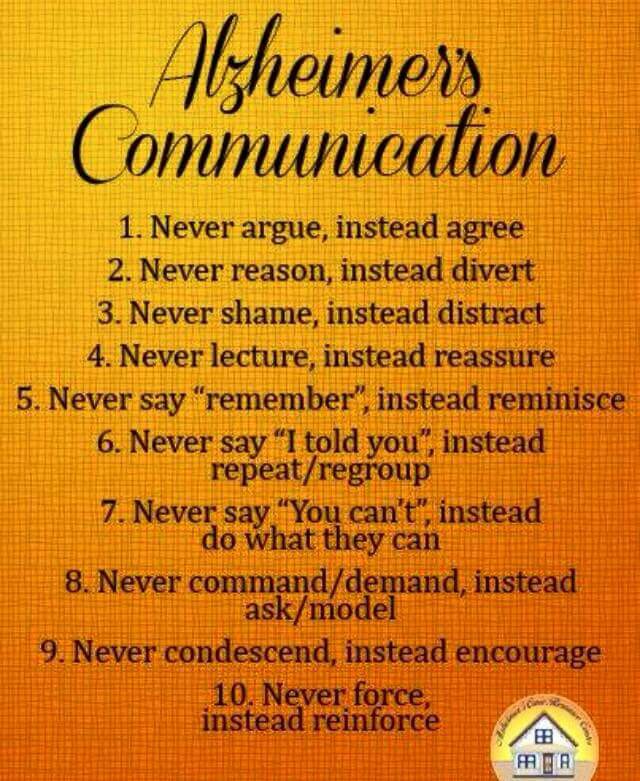
10 TIPS: Never argue, instead agree, Never force, instead reinforce.
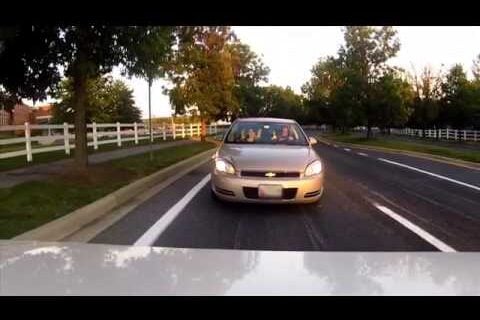
VIDEO + CHECKLIST OF 15 WARNING SIGNS: Memory problems caused by Alzheimer’s make driving unsafe. See how. Watch this thought-provoking video to open up the discussion with family members, friends and patients.
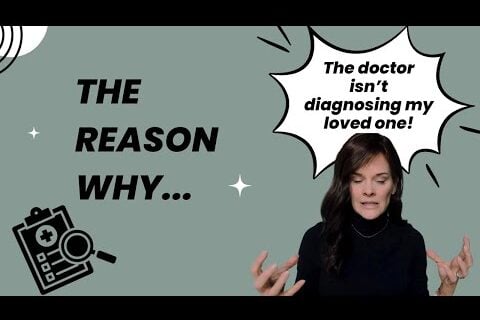
Caught in a frustrating loop of suspecting dementia in your loved one, only to be denied by doctors? Join me as we explore the untold story behind dementia diagnoses. Don’t miss out on key insights that can change everything!

AS MARIJUANA LEGALIZATION spreads, new research is improving our understanding of side effects. Heart cells have cannabis receptors relevant to vascular squeezing ability. Learn about marijuana’s link to vascular dementia.

SHORT-TERM MEMORY lapses are obvious signs of Alzheimer’s, but other tell-tale signals begin to show much earlier. Learn how to look for semantic impairments, such as simple questions about size.

Three important dementia studies focus on HS-AGING, a type of dementia almost as common as Alzheimer’s in the 85+ group. Yet few people have heard of it. Why? What makes it different?

An intriguing study of 120 grandmothers might surprise you. Doctors know socially engaged people have better cognition and less dementia. But can a person get too much of a good thing? What’s the right balance?

Enjoy this great duet between a musician with dementia and his son. A triumph of spirit over Alzheimer’s! Sing-a-long if you like!
No spam, only news and updates.


